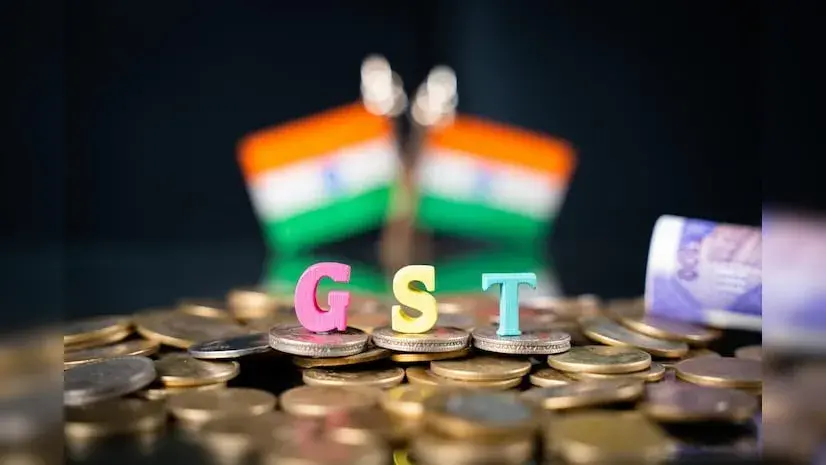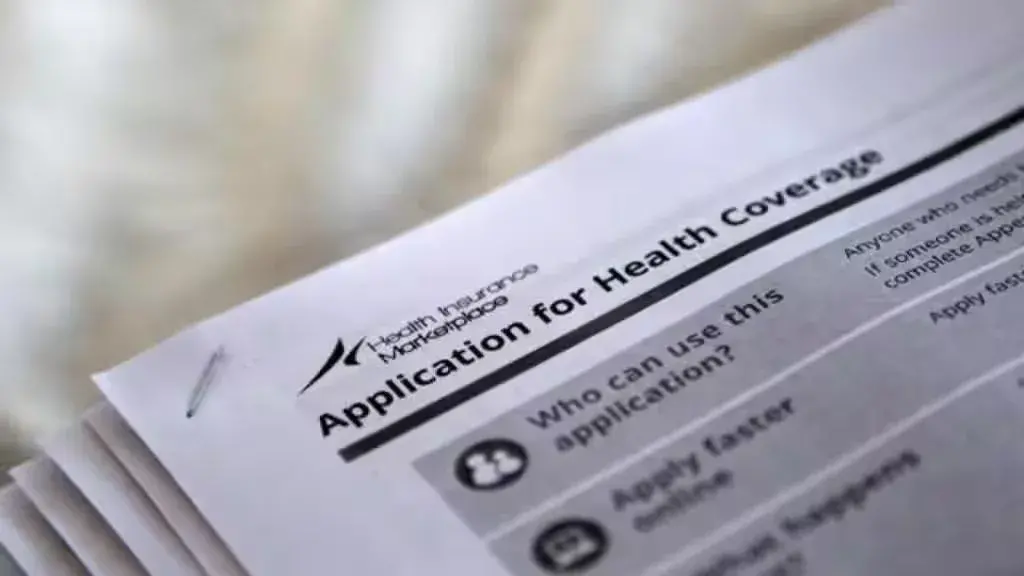Ayushman Bharat Transforms Rural Healthcare in Bihar, Saves Over ₹1,000 Crore in Just One Year
Bihar is undergoing a healthcare transformation, with the Ayushman Bharat Pradhan Mantri Jan Arogya Yojana (AB PM-JAY) playing a central role in improving the well-being of millions, especially in rural communities. In a landmark achievement, the state has enabled its citizens to save over ₹1,000 crore in out-of-pocket medical expenses within a year—highlighting the scheme’s profound impact. Access to affordable, quality healthcare is rapidly becoming a reality for Bihar’s rural population. Through the dedicated efforts of the State Health Agency (SHA), the state has achieved universal coverage for all eligible families under the AB PM-JAY umbrella. This milestone ensures that no entitled household is left without the financial protection and healthcare support promised under India’s flagship public health insurance programme. Enhancing the reach of healthcare services further, the state government has integrated the Mukhyamantri Jan Arogya Yojana—a complementary state-level initiative. This integration not only broadens the scope of beneficiaries but also reinforces the healthcare infrastructure to provide better, free-of-cost medical services. Today, Bihar boasts a network of over 1,100 empanelled hospitals under the scheme, with private institutions making up half of this total. This public-private synergy has dramatically improved access, reduced patient wait times, and brought quality medical treatment within reach of even the most remote populations. To ensure smooth and transparent implementation, the SHA has rolled out several strategic measures—ranging from real-time digital monitoring and regular audits to grassroots awareness campaigns and grievance redressal systems. These initiatives aim to eliminate corruption and ensure the benefits reach those who need them the most. Officials assert that the scheme is not only improving health outcomes but also mitigating rural hardship, reducing debt from medical expenses, and empowering families with economic and social stability. As Bihar emerges as a model for effective public healthcare delivery, the Ayushman Bharat PM-JAY stands as a testament to what focused governance and inclusive policies can achieve—redefining rural healthcare in India. Source: ANI







